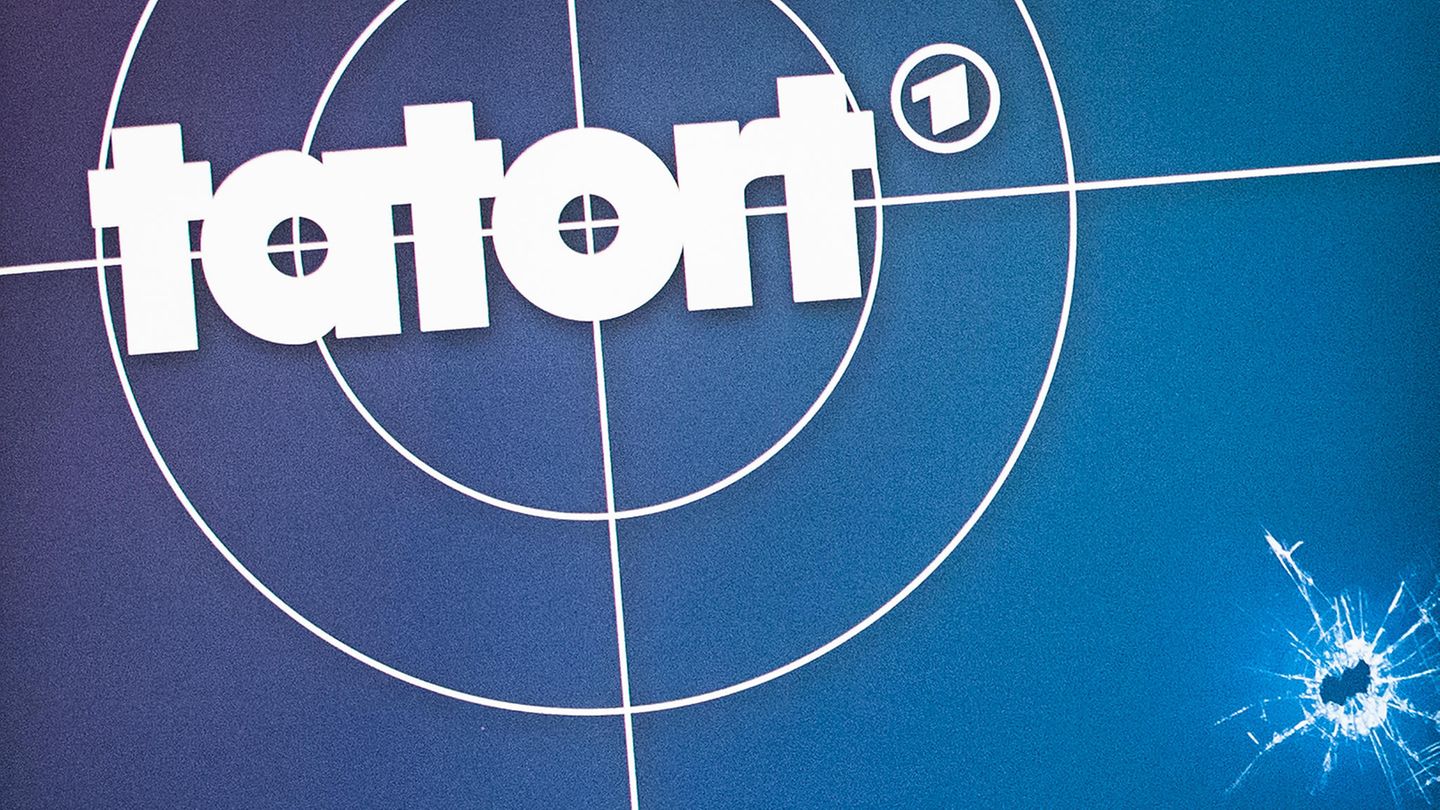Opinion
The Prime Ministers are discussing a higher broadcasting fee and the reform of public broadcasting. But more is needed to save the system.
It’s only about 7 euros a year. The monthly broadcasting fee is to rise by 58 cents to 18.94 euros.
Nevertheless, it is true that there is a lot of debate about this – and yes: that the increase is being questioned. Because public broadcasting (ÖRR) can no longer continue as before. In order to maintain it, it must be fundamentally reformed.
There are three main reasons for this: digitalization, internal rigidity and declining acceptance among the population. If times change, the ÖRR must finally do the same.
Digitalization has changed everything
First: Digitalization has created a completely new media landscape. There are no longer just private television programs as an alternative. Global streaming services offer an abundance of films, series, comedy but also the broadcast of professional sports. There are also thousands of portals and podcasts on every topic imaginable.
As far as entertainment is concerned, the basic service stipulated in the State Broadcasting Treaty is guaranteed even without the ARD programs and ZDF. That doesn’t automatically mean that the “crime scene” has to be eliminated, especially since many older people still watch linear television. But it would be manageable. In any case, shallow novel adaptations or any World Cup broadcasts that are broadcast by private parties should no longer be financed with the so-called household tax.
From Poland to Switzerland
GEZ fee in a global comparison: This is how much broadcasting fees you pay elsewhere
Public broadcasting must concentrate on its journalistic core. It must inform, educate, classify and enlighten – and do so in a balanced manner. In contrast to private media like that, he is allowed to starnot be a trend operation. And he must not deprive the competition of their business basis.
Secondly: The incrustation that has grown over many decades with its double and even multiple structures must be broken down. It’s not even about the sheer number of programs, some of which broadcast the same thing. It’s about the bizarre bureaucracy in the institutions, which have always functioned like authorities.
Payroll
The heads of ARD deserve that
In the increasingly complicated quasi-authorities, quasi-civil servants often only concern themselves with themselves, while freelance and significantly lower-paid employees do the actual work. At the same time, costs are rising, not least in the salaries of the directors.
Thirdly, all of this is increasingly leading to the ÖRR losing its reputation. Even if the majority of people still trust the content, the willingness to pay for it decreases. Populists and extremists deliberately inflame this mood, which in turn puts pressure on the established parties.
The dispute over broadcasting fees now seems like the fifth repetition of a bad ZDF soap. Not only the ÖRR construct, but also the political decision-making process is no longer up to date.
First reform, then higher broadcasting fees
Because if the state governments have to decide everything unanimously, the state parliaments can only give their nod and finally the Federal Constitutional Court can decide everything completely differently: How is a reform supposed to succeed?
That’s why what the Prime Minister’s Conference is currently deliberating can at best be a start. The contribution must not increase until a new structure with a streamlined mission is agreed upon. This also means that the broadcasters will forgo any advertising revenue in the future.
In short: public broadcasting must not remain as it is. He is simply too important for that.
Source: Stern
I have been working in the news industry for over 6 years, first as a reporter and now as an editor. I have covered politics extensively, and my work has appeared in major newspapers and online news outlets around the world. In addition to my writing, I also contribute regularly to 24 Hours World.




